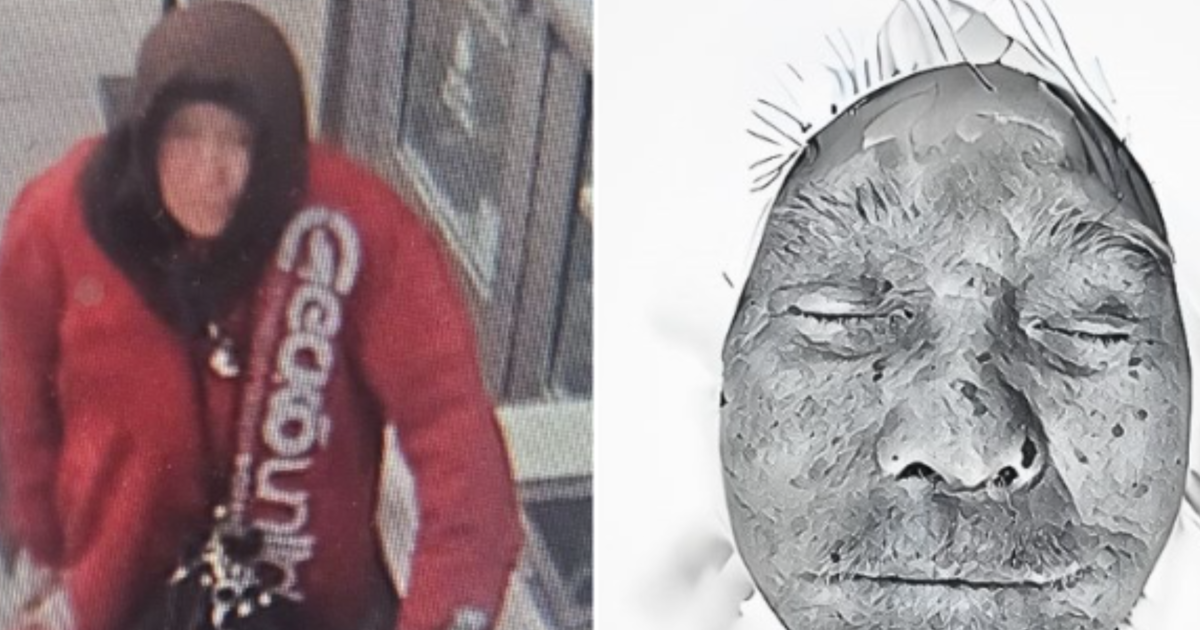In 2011, a headless woman was found in a "posed" position in a California vineyard. She's finally been identified.
A woman found decapitated in a California vineyard in 2011 in a gruesome crime scene that "haunted investigators" for over a decade has finally been identified with DNA testing, authorities have confirmed.
Ada Beth Kaplan, 64, of Canyon Country, California, has been identified as the woman who was discovered at a grape vineyard in Arvin on March 29, 2011, the Kern County Sheriff's Office said on Thursday. Kaplan's head and thumbs had been removed and her body had been drained of blood when she was found, according to the DNA Doe Project, which helped make the identification.
Former sheriff's spokesman Ray Pruitt, who worked on the case in 2011, told KGET-TV that it was a "creepy" crime scene.
"Why did they take the time to drain the blood from the body? The crime scene itself was very clean," Pruitt told the station. "Honestly it looked like somebody had taken a mannequin, removed the head of the mannequin and posed it on the dirt road."
A postmortem examination was conducted and the manner of death was homicide, the sheriff's office said. The coroner's office said efforts to identify her from missing persons records and fingerprints were unsuccessful.
Two different out-of-county missing persons cases were investigated, but they were ruled out by DNA. The coroner submitted specimens to the Department of Justice and a DNA profile was created, but there were no hits from the Combined DNA Index System (CODIS), which operates databases of DNA profiles from convicted offenders, unsolved crime scene evidence and missing persons.
The woman was buried in Union Cemetery in Bakersfield after every lead had been exhausted.
"The gruesome scene haunted investigators, who worked diligently to identify the remains but ran out of leads," the DNA Doe Project said in a statement.
Finally, in July 2020, the coroner's office partnered with the DNA Doe Project, which used genetic genealogy techniques to begin building a family tree for the victim.
In July 2023, the group identified two potential family members who lived on the East Coast. They agreed to provide a DNA specimen for comparison and "Jane Doe 2011" was finally identified as Kaplan.
DNA matches to Kaplan's genetic profile were distant cousins with common surnames, and three of her grandparents were immigrants, so researchers had to scour Eastern European records to finally make the connection, the DNA Doe Project said.
"Our team worked long and hard for this identification," DNA Doe Project team leader Missy Koski said in a statement. "Ashkenazi Jewish ancestry is often complicated to unravel. When we brought in an expert in Jewish records and genealogy, that made a huge difference."
Kern County Sheriff detectives interviewed family members and determined that a missing person report was never filed for Kaplan. The suspect involved in her death remains unknown.



